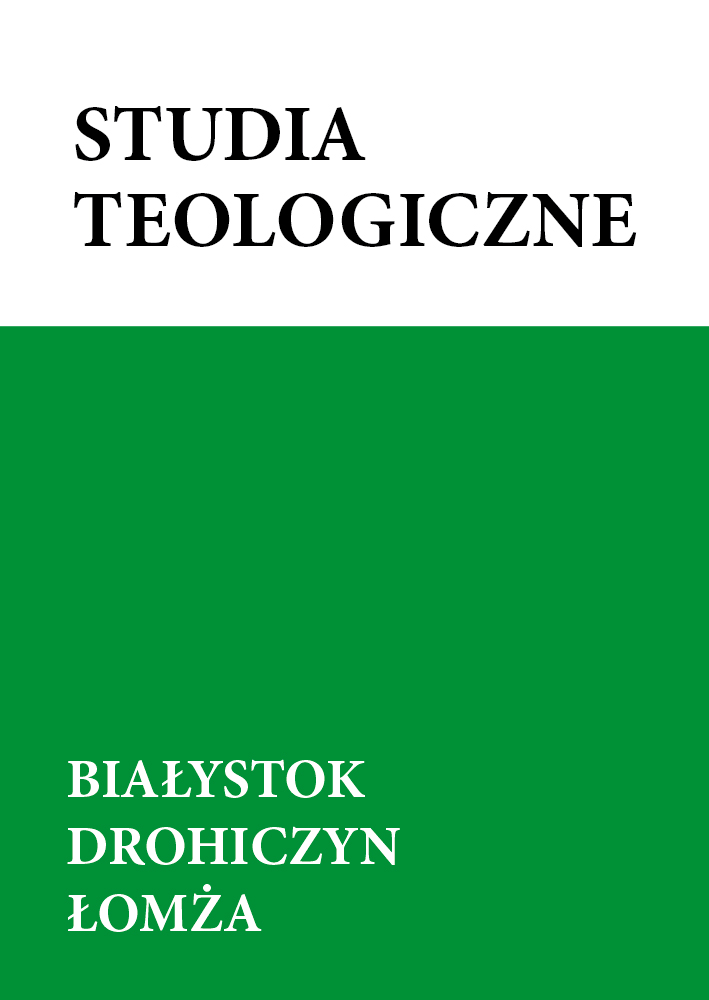Życie w śpiączce (nieodwracalnej) samoistnym dobrem człowieka i jego rodziny: refleksje bioetyczne
Life in irreversible coma: autonomous good of the person and one's family: bioethical reflections
Author(s): Stanisław BiałySubject(s): Christian Theology and Religion, Ethics / Practical Philosophy, Health and medicine and law
Published by: Kuria Metropolitalna Białostocka
Keywords: bioethics; brain death; maintaining homeostasis; birth of a child after mother’s death;
Summary/Abstract: Against the background of a wider bioethical question about the right to technologically interfere in human life, the author in this article asks what life in (irreversible) coma is and whether the dignity of a person in such a state still exists. The starting point for these reflections is the fact referred to by numerous world media every now and then, namely the birth of a child from a mother deemed to have been in the state of brain death. The Italian case is a story of a doctor maintaining that a child was born of a woman in the state of homeostasis for two months (which is very long from the medical point of view). But there is also a Hungarian case, where a child was born three months after the brain death of the mother had been recognized. Also in the Italian case that mother was moved to the operating theatre immediately after the delivery with the view of having her organs removed for donation. According to the author this opens a new bioethical dimension for the question of determining what irreversible coma is and when organs from a person in such a condition can be removed. It must be reflected whether objective and absolute certainty exists, that the equipment maintaining the state of homeostasis (for such a long time) does not support the life of a person as a human (cf. the question of returning to life after being in the state of clinical death), but instead only the life of particular organs? In other words: does “gravidanza post-mortem” (“pregnancy after death” – as bioethicists in Italy put it) – have ethical justification.
Journal: Studia Teologiczne Białystok Drohiczyn Łomża
- Issue Year: 32/2014
- Issue No: 1
- Page Range: 321-333
- Page Count: 13
- Language: Polish

